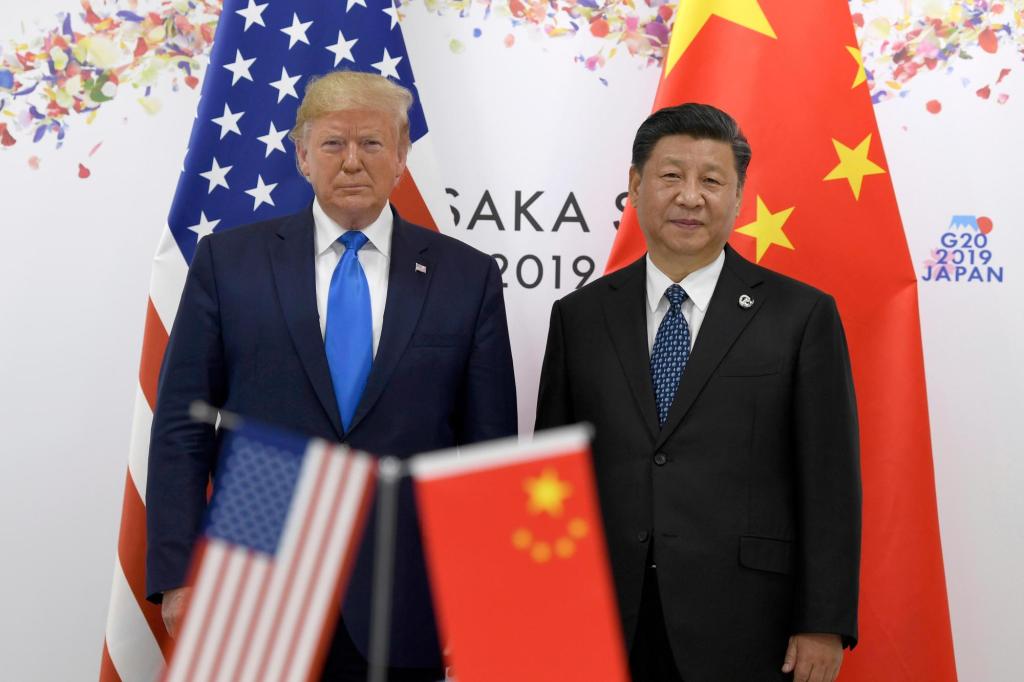
President Trump is a capitalist billionaire who campaigned on freeing American markets to compete globally. But last Friday he pushed Intel Corp. of Santa Clara into selling the U.S. government a 10% ownership in the company. The Wall Street Journal reported, “The U.S. government will become Intel’s largest shareholder as nearly $9 billion in grants awarded to the company by the 2022 Chips Act are converted to equity.”
Even if that turns out to be profitable, owning 10% of Intel will give the government an interest in the company succeeding. If it fails, taxpayers lose $8.9 billion. If it succeeds and makes a profit, that’s worse, because it will encourage more interference in this and other markets.
Sen. Rand Paul, R-Kentucky, blasted the move, saying, “Socialism is literally government control of the means of production.” But self-described socialist Sen. Bernie Sanders, I-Vt., praised Trump’s action as similar to an amendment he proposed to the CHIPS Act, which was signed by Democratic President Joe Biden.
Once again, President Trump has aligned himself with the socialists.
Intel has had problems. Its stock dropped from $68.21 a share on April 5, 2021, to $23.43 on the morning of Trump’s announcement. It closed Tuesday at 24.36 Yet Intel’s current market capitalization of $107 billion is plenty to get back in the game – if it does the right thing. But the government is the last place to go to for investment advice. Just look at its ownership of Amtrak or the U.S. Postal Service.
Meanwhile, other companies have filled Intel’s void. The world’s most valuable company is chipmaker NVIDIA in Santa Clara, with a $4.4 trillion market cap – 41 times Intel’s. American firms continue to lead the world and don’t need government “help.”
Intel has had problems before. But what a difference from the 1980s, when it almost went broke. In his 1989 book, “Microcosm,” George Gilder described how Intel soared in that decade to become the world’s greatest maker of microprocessors, a computer’s “brains.” Japanese electronics giants NEC, Hitachi, Fujitsu and Toshiba were taking over the memory-chip part of an industry long led by Intel and other American companies.
Then, Gilder wrote, under visionary CEO Andy Grove, “Intel bet the company on the microprocessor. Memory was the past; logic was the future.” The key: Silicon Valley’s unrestricted capitalist competition, which beat Japan’s government-directed industrial policy. “In the Valley, crisis is opportunity.” Since then that spirit has led the Valley, and California and America, to dominate the world technology market, including against the rise of an even more formidable competitor than Japan: China. It would do President Donald Trump well to read “Microcosm.”
This mistake could hurt California the most, hampering our companies’ competitive edge just when they need it for the battle over artificial intelligence with China. If Silicon Valley is hobbled, the massive revenues it pours into state and local coffers will tank.
California’s U.S. senators and representatives should lead the way in unplugging Trump’s chip socialism.



